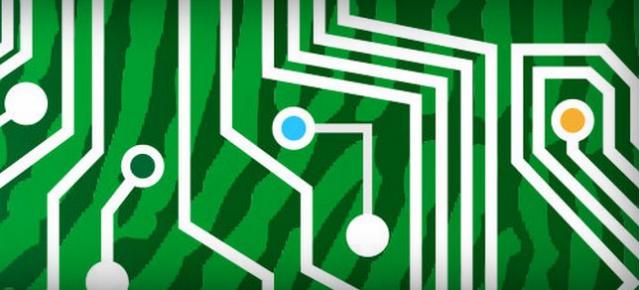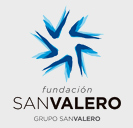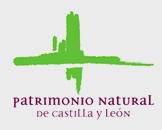THE MAIN OBJECTIVE OF THE “MI HUELLA TIC (MY TIC FOOTPRINT)” PHOTO CONTEST IS TO RAISE AWARENESS ON THE ECOLOGICAL FOOTPRINT OF INFORMATION AND COMMUNICATION TECHNOLOGIES.

The main objective of the I photographic contest “My TIC Footprint “, summoned under the planned actions of LIFE Green TIC project, is to increase the social consciousness on the ecological footprint of ICT, and to contribute to discover the possibilities that these technologies offer to fight against climate change and promote the environmental protection.
From today and until 31st May all those that wish to participate in this contest, will be able to do it through social networks. The images might be taken using any device (mobile, tablets, camera ...) and all they have to reflect the participant’s vision on the ecological footprint of ICT. The images are supposed to search for the awareness raising related to ICT footprint and to contribute to discover the possibilities that these open for the fight against the climate change and the environmental protection.
All images that wish to participate must use the hashtag #MiHuellaTIC, so much in Twitter as in Instagram. For those that prefer Facebook, an application in the FanPage Mi Huella TIC is available and will guide on how to participate.
Regarding the prizes, the winners will be able to choose between a Balloon flight over one of the Protected Areas of Castilla y León or an advanced on-line course about photography.
The second qualifiers will choose between tickets for Músicos en la Naturaleza or some thermal circuits. And the prize for third qualifiers will be either to enjoy Bosques de Aventura of Castilla y León or a collection of nature books.
The importance of new technologies for the reduction of the ICT footprint can be shown using these data:
- The technological rubbish begins to be a serious problem. In the European Union, more than 100 million mobile phones are discarded every year; out of use mobile phones or battery chargers are accumulated in our homes, but we do not know something surprising: they contain valuable raw materials like gold, silver or copper, and at the same time contain highly toxic substances (lead, cadmium, bromine compounds, etc.) that require rules for a safe recycling.
- ICT use energy consumption is exponentially advancing on a world-wide level, their CO2 emissions are getting closer to those of the aviation sector. Practices like forgetting the battery charger plugged in to the electrical grid, not closing the applications, keep the screensaver active or leave permanently on the Wi-Fi or the Bluetooth contribute to diminish the useful life of the battery of our devices and to unnecessarily consume energy.
- On the other hand, ICT contribute to reduce the ecological footprint in a lot of human activity sectors, as in transport, for example, through the smart management of the bus fleets or of the car sharing, or in the through domotics and the intelligent management of the energy.
- ICT also reduce the carbon footprint generated by our social or labour system because they allow behavioral changes and changes at work: the teleworking, the videoconferences, the e-commerce, etc.
The coordination of the Life Green TIC project is in charge of the Natural Heritage Foundation with the City council of Logroño and the San Valero Foundation group (Zaragoza) as partners. It has a duration of three years and a budget of 1.455.240€, almost half of it (49,96%) financed by LIFE, the financial instrument of the European Union LIFE, . The main objective is the reduction of 100 annual tones of CO2 in the three pilot projects that will be developed.
The 3 pilot actions are framed in the administrative, educational and urban management fields to show the positive effects of virtualization, the virtual campus and the smart cities.
- The Natural Heritage Foundation will develop an action to show the energy saving potential of the virtualization process of data centres and desks, reducing the number of servers and the datastorage needs and avoiding CPUs on desks in the PRAE building offices (Valladolid - Spain).
- The San Valero Foundation will develop in its training centres (the San Jorge University and the SEAS Vocational education centre) a project of virtual campus, avoiding the use of paper for educational and administration work.
- The City council of Logroño will virtualise part of his documents management system and will monitor the air quality and noise control systems, as well as the energy consumption of public lightning systems by means of LED lamps.
The complete contest rules can be found in the documents section of this website and in our Blog: http://mihuellatic.lifegreentic.eu/




